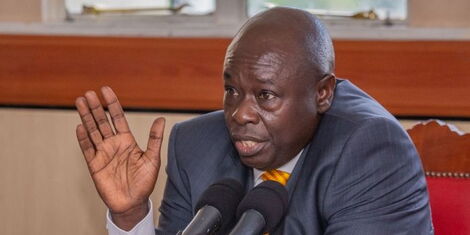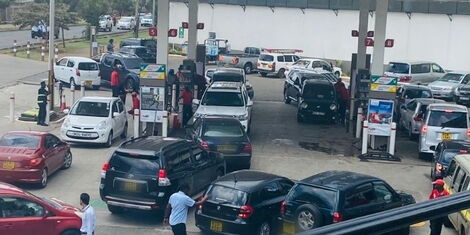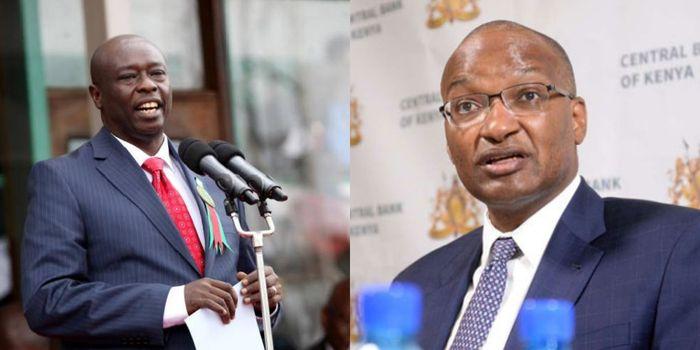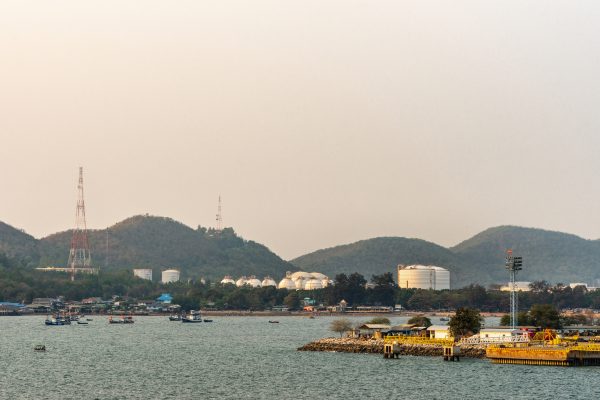Central Bank of Kenya (CBK) denounced comments made by Deputy President Rigathi Gachagua insinuating that state capture had crippled their operations, especially in controlling Foreign Exchange Reserves in the country.
In a statement on October 2, CBK corrected the second in command, insisting that it does not control forex exchange for commercial banks. The financial regulator noted that it only controls forex exchange for the national government and its operations.
Forex exchange involves trading of one currency to another, like the Kenya shilling against the US dollar. It is how individuals, companies and central banks convert one currency into another.
In his argument, Gachagua blamed some influential political leaders who had taken control of banks forcing oil importers to be surcharged while buying oil due to high foreign exchange rates. This, according to the second in command, affected fuel prices in the country.

Deputy President Rigathi Gachagua during a meeting with governors from counties affected by drought on Monday, September 26, 2022.
Rigathi Gachagua
However, in their statement, CBK noted that oil importers obtain their requisite forex exchange from commercial banks and not CBK.
“First, following the complete liberalization of the foreign exchange market in the 1990’s, all foreign exchange for private transactions is obtained from commercial banks,” their statement read in part.
“CBK does not supply foreign exchange for transactions other than for the National Government (i.e., government’s own imports or debt service payments) or CBK’s operations. Oil importers, therefore, obtain their requisite foreign exchange from the commercial banks and not CBK,” CBK added.
The Central Bank further corrected Gachagua, noting that its cover in the country remains adequate in the country. This is according to the laws that stipulate their operations in the country.
“The Central Bank of Kenya Act (Section 26) requires that CBK “at all times use its best endeavours to maintain a reserve of external assets at an aggregate amount of not less than the value of four months’ imports as recorded and averaged for the last three preceding years.” This stood at 4.64 months of imports as of September 26, 2022,” CBK added.
CBK, which Governor Patrick Njoroge heads, added that it provides adequate cover and buffer against shocks in the foreign exchange market.
Gachagua, in his interview on Citizen TV, noted that the Kenya Kwanza administration was keen to address state capture, which had affected fuel prices in the country.
“Why there is forex exchange problem is because of state capture. There was a lot of interest in banks where very senior government people own certain banks and they got involved in this forex business. Central Bank so no longer in charge,” Gachagua stated.
In June, oil marketers had raised concerns over making losses despite being compensated by the government through the subsidy program.
According to some oil marketers, the Energy and Regulatory Authority (EPRA) compensation for instance in May was based on the official printed dollar exchange rate of up to Ksh116.24 per litre compared to the Ksh118.34 per unit that marketers bought dollars from the banks, exposing them to losses of up to Ksh2.10 per litre.
This is because oil importers depend on dollars to make payments for their shipments and parallel exchange rates exposed them to losses leading to fuel shortages and price hike.

An aerial photo showing motorists lining up for fuel at a fuel Station in Kileleshwa on Saturday, April 2, 2022.
ma3route




















Discussion about this post